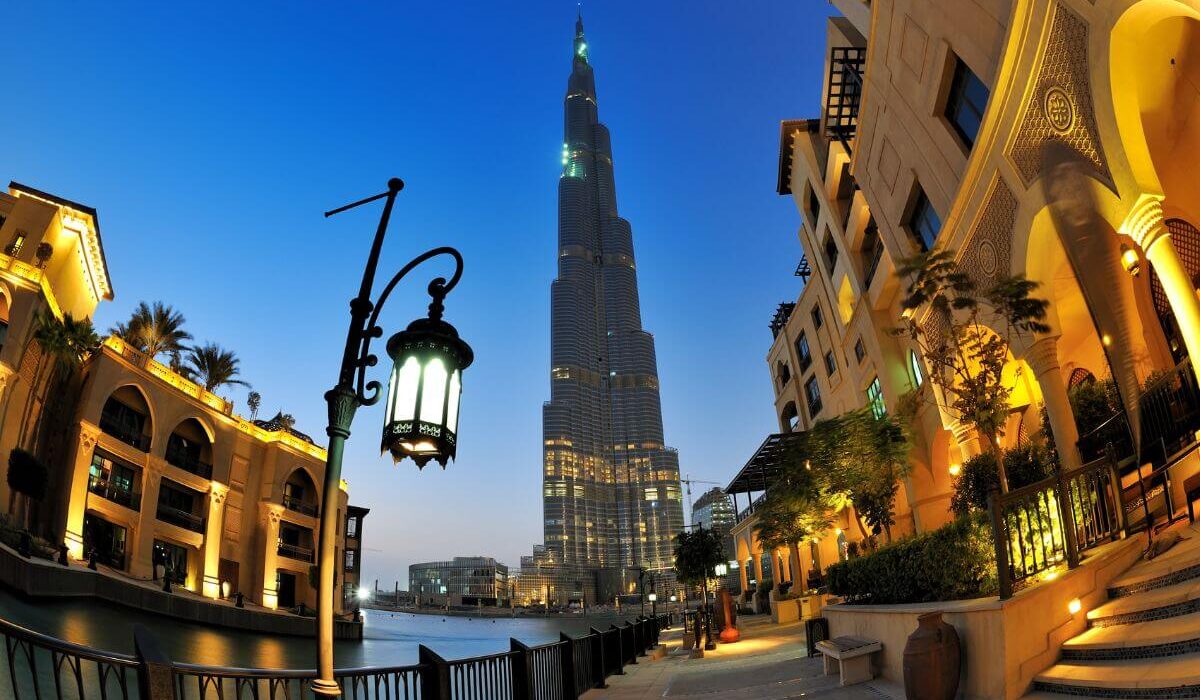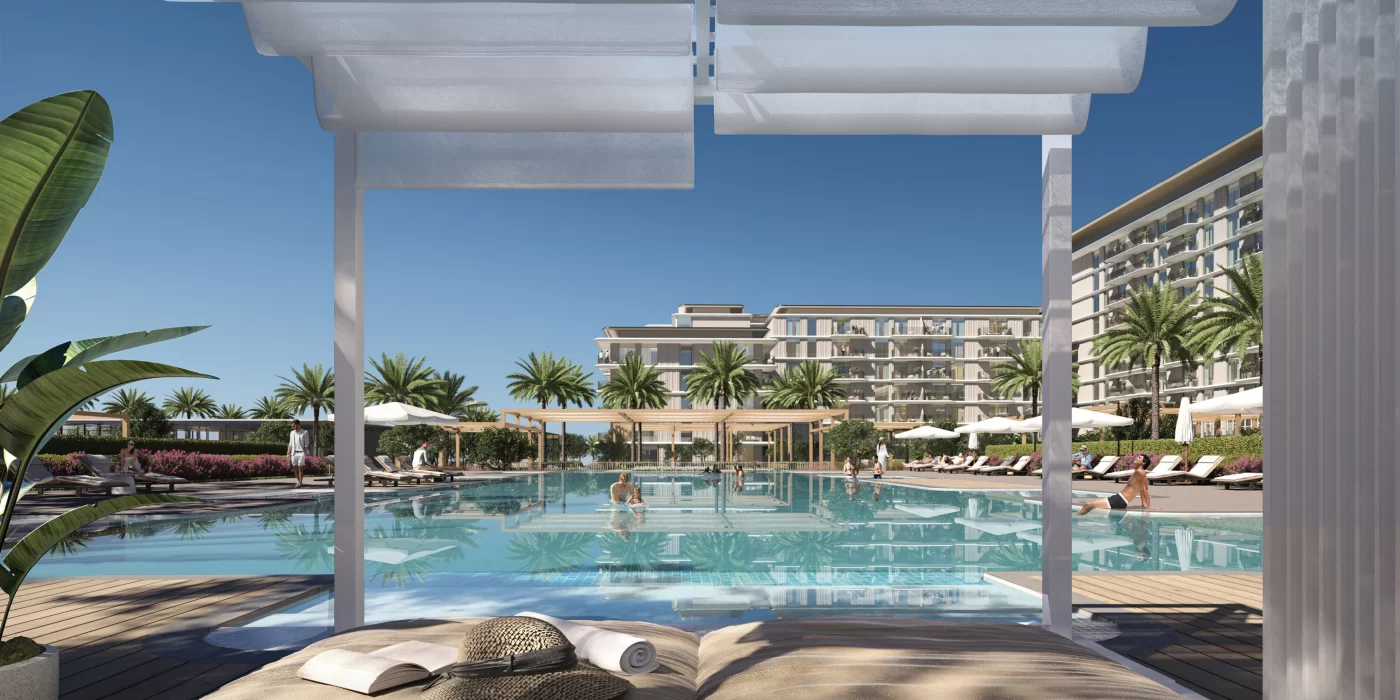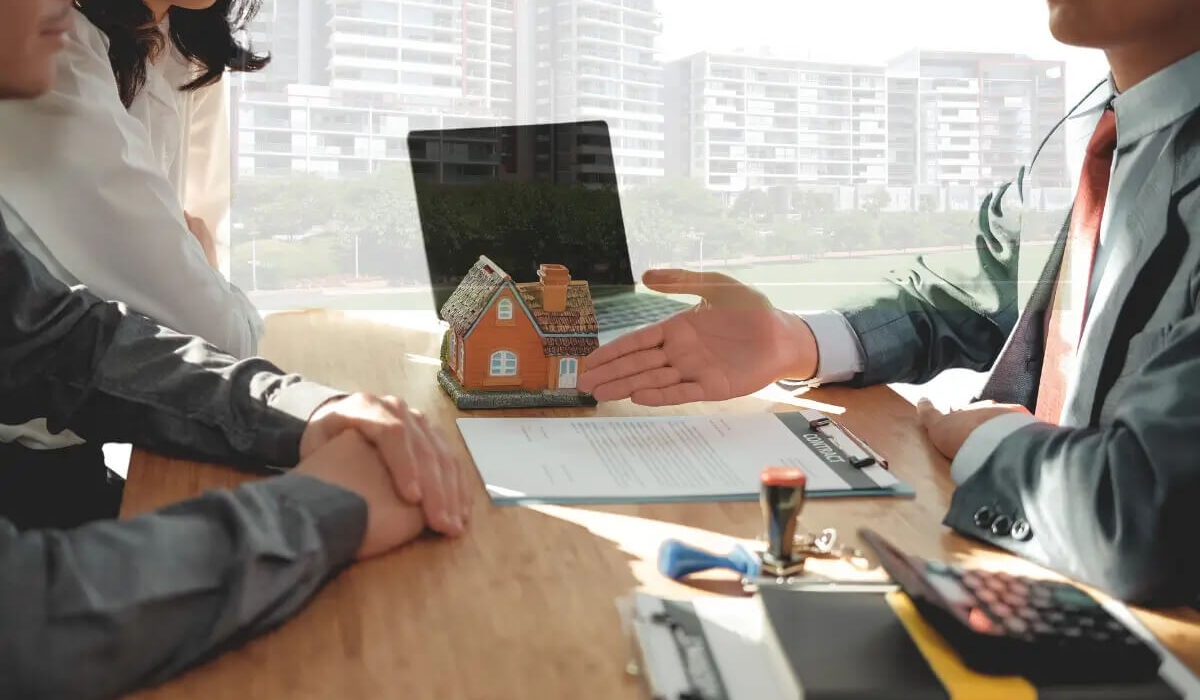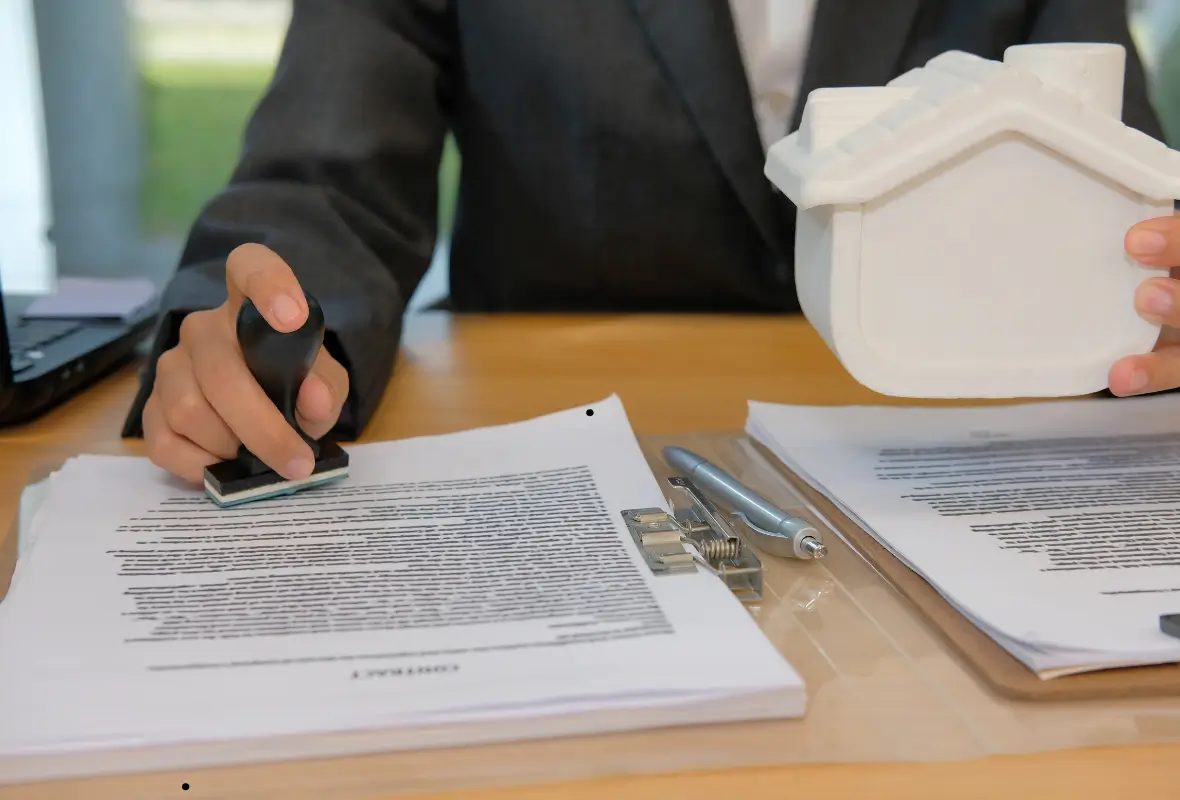Top Reasons to Buy Property in Dubai Right Now
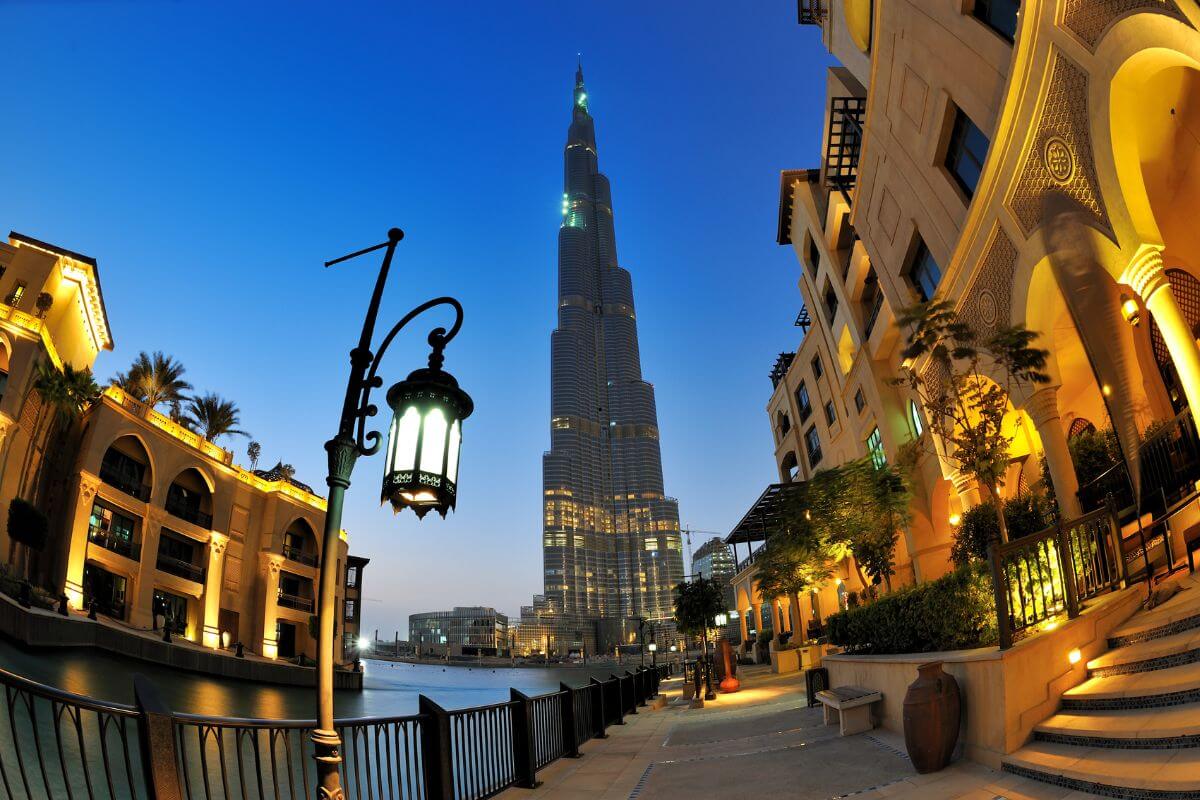
Dubai's Property Market: A Guide to Current Opportunities
Dubai’s rising popularity as a property investment hub is well-deserved. Its luxurious amenities, tax-free status, and robust economic growth offer a compelling investment opportunity.
Dubai: Your gateway to a world-class lifestyle. Explore the tax benefits and real estate market that make it the top choice for 2024.
Benefits of tax-free investing
Dubai’s zero-property tax policy makes it a very attractive place to invest in real estate. This means you won’t have to pay any annual property taxes, which is a big advantage compared to other countries where property taxes can be as high as 2-3%.
Dubai’s tax-free environment extends to capital gains. This means that any profit you earn from selling a property is yours to keep. Considering the anticipated growth in Dubai’s real estate market in 2024, it’s a favorable time to invest.
High Rental Yields
Dubai’s real estate market offers investors attractive rental yields, typically ranging from 6% to 8%. Prime locations like Downtown Dubai and Dubai Marina are highly sought-after, drawing both tourists and residents seeking luxurious accommodations.
In Dubai, rental yields are significantly higher than in cities like New York or London, where they typically range from 2-3%. This makes buying property in Dubai an attractive investment opportunity.
Expanding tourism industry
Dubai’s iconic landmarks, such as the Burj Khalifa, Palm Jumeirah, and Dubai Mall, attract millions of tourists annually. This tourism boom, with Dubai welcoming over 16 million visitors in 2023, has fueled a strong demand for rental properties, making it an attractive market for real estate investors.
Dubai’s tourism, once synonymous with luxury beaches and soaring skyscrapers, is now attracting a growing number of business travelers. Major events like Expo 2020 and the development of thriving business districts have solidified Dubai’s position as a global economic powerhouse. This makes investing in Dubai real estate, particularly for short-term rentals, an attractive option for savvy investors seeking to capitalize on the city’s booming tourism and business sectors.
Dubai’s Rental Yield Comparison
City | Average Rental Yield |
Dubai | 6-8% |
New York | 2-3% |
London | 2-3% |
Singapore | 3-4% |
Properties for every lifestyle and budget
Dubai real estate offers a diverse range of properties, from bustling high-rise apartments in Business Bay to tranquil waterfront villas in DAMAC Hills. There’s something to suit every taste and budget.
Dubai offers a diverse property landscape, from sleek modern condos to historic villas, waterfront havens to bustling city centers. The purchase process is smooth, with many developers providing flexible payment options.
Secure and comfortable living
Dubai’s reputation for safety, combined with its excellent healthcare and education systems, makes it a popular choice for families seeking a secure and comfortable place to live.
Dubai offers an exceptional quality of life, with year-round sunshine, stunning beaches, and a modern city that has everything you could want. Investing in property in Dubai is not just about buying a home, it’s about buying into a lifestyle.
Top Benefits of Buying Property in Dubai Right Now
- Tax-free investment returns
- High rental yields (6-8%)
- Strong tourism industry
- Diverse property options
- High safety and quality of life
Flexible Visa Opportunities
One of the benefits of buying property in Dubai is that you may be eligible for a residency visa. If you invest in a property worth AED 750,000 or more, you can apply for a residency visa. This visa is renewable and can be very convenient if you plan to live in Dubai for an extended period of time.
Investors who invest more than AED 2 million can obtain Golden Visas, which offer extended stays in the UAE. This makes buying property in Dubai even more appealing, as it eliminates the need for frequent visa renewals and paperwork for investors and their families.
A rapidly growing economy with well-developed infrastructure.
Dubai’s rapid growth is fueled by significant investments in infrastructure. The city is expanding rapidly, with new metro lines and improved road networks being built. These booming infrastructure projects are increasing the value of property investments. Imagine buying property in Dubai now and watching its value appreciate as new amenities and transportation options develop around it.
Dubai’s continued growth across tourism, finance, and real estate sectors positions it as a city where property investment offers a sustainable and rewarding future.
Convenient payment plans
Dubai developers often provide flexible post-handover payment plans, allowing you to purchase a property gradually over several years. This makes homeownership in Dubai more attainable, especially for those buying their first property.
For example, Some developers offer flexible payment plans that allow you to pay half of the cost upfront and the remaining balance upon completion, making it easier to manage your investment.
Example of Payment Plan
Stage | Payment Percentage |
During Construction | 50% |
Post-Handover (3 years) | 50% |
Foreigners can own property without restrictions.
Dubai offers a unique advantage compared to many other countries: foreigners can purchase property without facing stringent restrictions. Prime locations such as Dubai Marina, Palm Jumeirah, and Downtown Dubai are accessible to international buyers, making Dubai’s real estate market in 2024 an attractive option for global investors.
Dubai’s property market is open to international investors. With just a passport, you can become a property owner in this thriving metropolis.
Premier Properties and Luxurious Lifestyles
Dubai’s world-class developments, such as Palm Jumeirah, Dubai Marina, and Downtown Dubai, are renowned for their luxurious amenities and are popular choices for both residents and tourists. This makes them ideal investment options for those interested in short-term rentals.
Dubai’s iconic skyline and luxurious lifestyle offer the ultimate in property ownership. From high-rise living with stunning views to private beach villas, Dubai offers an unparalleled experience.
Conclusion
Dubai’s real estate market in 2024 offers a unique opportunity for investors and homebuyers alike. With its tax-free environment, robust economy, and world-class amenities, Dubai has become a sought-after destination for those seeking a high quality of life and profitable investments.
Dubai’s continuous development, peaceful environment, and attractive payment terms make homeownership a reality. Don’t miss out on the chance to join Dubai’s exciting future.
Explore the benefits of owning property in Dubai.
Why Dubai Real Estate is a Smart Choice
Tax-Free Profits: No deductions for property taxes or capital gains. Your profits are yours to keep in full.
High Rental Yields: Earn rental yields of 6-8%, significantly outperforming prime locations like London and New York.
A Thriving Tourism Hub: Dubai’s popularity surged in 2023, attracting a record-breaking 16 million visitors and fueling a strong demand for rental accommodations.
Safety and Quality Living: Dubai is a family-friendly city with a low crime rate, great schools, and world-class healthcare.
Diverse Property Choices: Whether you dream of city life or a more secluded lifestyle, Dubai’s property options are abundant. The home-buying process is remarkably simple.
Flexible Visas: Obtain a residency visa with an investment of AED 750,000 or more, or upgrade to the Golden Visa for expedited residency with a higher investment.
Booming Economy and Infrastructure: Dubai’s growing economy and improved infrastructure, thanks to government initiatives, could positively impact real estate values.
No Ownership Restrictions: Foreigners have unrestricted access to freehold properties in areas such as Palm Jumeirah and Dubai Marina.
Flexible Payment Plans: Many developers offer flexible payment plans that extend beyond the handover date, making it easier to invest in property.
Iconic Luxury Developments: Discover the ultimate in lavish lifestyles at landmark addresses such as Downtown Dubai or Palm Jumeirah.
Dubai Property Investment Benefits
Benefit | Details |
Tax-Free Returns | No property or capital gains tax |
High Rental Yields | 6-8% returns |
Visa Opportunities | Residency visa with investment |
Safety and Quality Living | Low crime, great lifestyle |
No Ownership Restrictions | Foreigners can buy easily |
With its growing economy, attractive investment opportunities, and high quality of life, Dubai is the perfect place to buy property today. From lucrative rental yields to a luxurious lifestyle, this city has everything to offer.
So, Don’t miss out on the incredible opportunities Dubai has to offer. The city is waiting for you!
FAQs on Buying Property in Dubai Now
Is it worth buying property in Dubai now?
Yes, Investing in Dubai real estate can be a lucrative choice, thanks to its tax-free profits, strong rental income potential, and thriving economy. The city’s exceptional lifestyle, characterized by safety and luxury, adds to its appeal for property buyers.
Is it a good idea to invest in Dubai real estate?
Yes, Investors seeking profitable returns and a variety of property choices should consider Dubai’s thriving real estate market, which boasts no property taxes and excellent rental income.
Why are people investing in Dubai real estate?
Dubai’s investor-friendly policies, including tax-free income and modern infrastructure, have attracted global interest. The supportive environment and potential for lucrative returns make it a desirable investment destination.
Why invest in Dubai real estate in 2024?
Dubai’s appeal as a property investment hotspot continues unabated in 2024, driven by its competitive tax advantages, solid infrastructure, and thriving economy.
Why is Dubai such a popular destination for high-net-worth property buyers?
Dubai’s luxurious real estate, low taxes, and booming economy attract wealthy individuals seeking a prestigious lifestyle. The city’s vibrant tourism scene and safe environment further enhance its appeal.
Will Dubai house prices go down?
Dubai’s property market, while subject to supply and demand fluctuations, is expected to continue growing, especially with the development of new infrastructure.
What are the benefits of buying property in Dubai?
Dubai offers a unique opportunity for real estate investment, with benefits such as tax-free profits, high rental yields, flexible payment plans, and potential residency visas. Its luxurious lifestyle and secure environment make it an attractive destination for investors.
What visa options are available for real estate investors in Dubai?
If you invest at least 750,000 dirhams, you can get a renewable residency visa. If you invest more than 2 million dirhams, you might be eligible for the Golden Visa.
How secure is Dubai considered for families?
Dubai, a city renowned for its safety, offers a low-crime environment, exceptional healthcare facilities, and renowned schools, making it an ideal choice for families seeking a secure and comfortable lifestyle.
Are there property taxes levied in Dubai?
No, Dubai’s lack of annual property taxes and capital gains taxes makes it a prime destination for property investors seeking to maximize their returns.
What is the average rental income for properties in Dubai?
Rental returns in Dubai are notably higher than in cities like London and New York, reaching an average of 6 to 8 percent.
Where can non-residents purchase real estate in Dubai?
International buyers can purchase freehold property in sought-after neighborhoods such as Dubai Marina, Palm Jumeirah, and Downtown Dubai, making these areas attractive for both residential and investment purposes.
What are the payment plans available for real estate in Dubai?
Many developers offer flexible payment plans that allow you to pay half of the cost upfront during construction and the rest in installments after you receive the keys to your new home.
What are the best areas to buy property in Dubai for high returns?
Dubai Marina, Downtown Dubai, and Business Bay are thriving districts that provide excellent opportunities for real estate investors. Their popularity among residents and tourists translates to high rental yields and long-term property value growth.
What is the impact of Dubai’s economic conditions on property investment opportunities?
Dubai’s diverse economy, anchored by tourism, finance, and real estate, is bolstered by government infrastructure projects, which enhance property values and attract investors.
What kinds of Properties investments are available in Dubai?
Dubai’s real estate market boasts a diverse selection of properties, from opulent apartments and waterfront villas to contemporary townhouses, catering to various investor preferences and needs.
Related Topics:
- Al Maktoum International Airport
- Dubai International Airport (DXB)
- Top places to visit in Dubai
- BBQ places in Dubai
- Miracle Garden Dubai
- Masdar Park
- Dubai Tourist Visa
- Best 5 Star Hotels in Dubai
Disclaimer: The information in this article is for general reference only. It’s based on what we knew when we wrote it, but things can change. Always check with the official sources for the latest and most accurate details.
Elevate your lifestyle with DAMAC’s premium properties
DAMAC Properties, a renowned developer in Dubai, specializes in creating luxurious residential and commercial spaces. Their communities, like DAMAC Lagoons and DAMAC Hills, offer a high-quality lifestyle. With a focus on value and innovation, DAMAC is a leading choice for those looking to invest in Dubai real estate.
